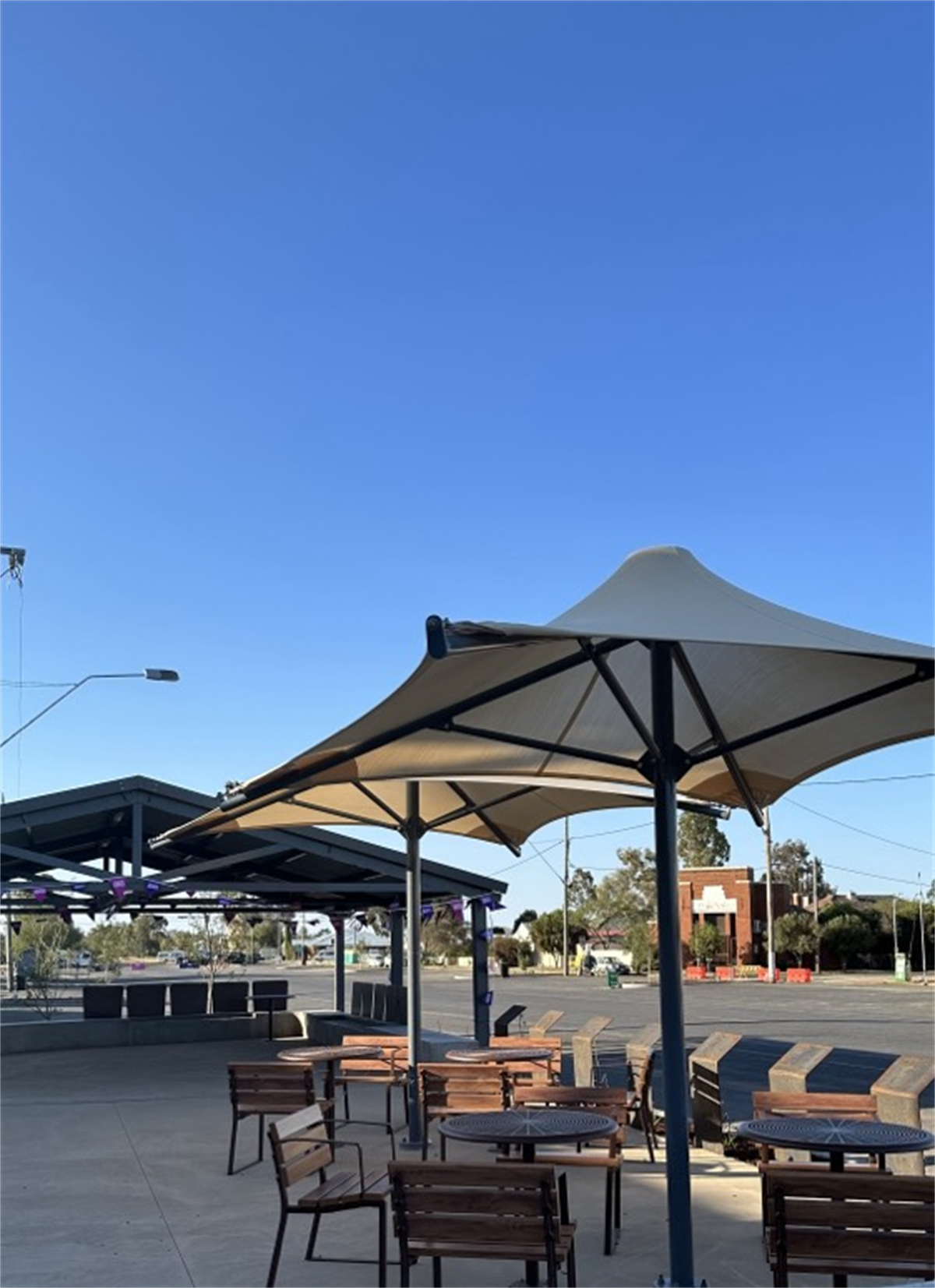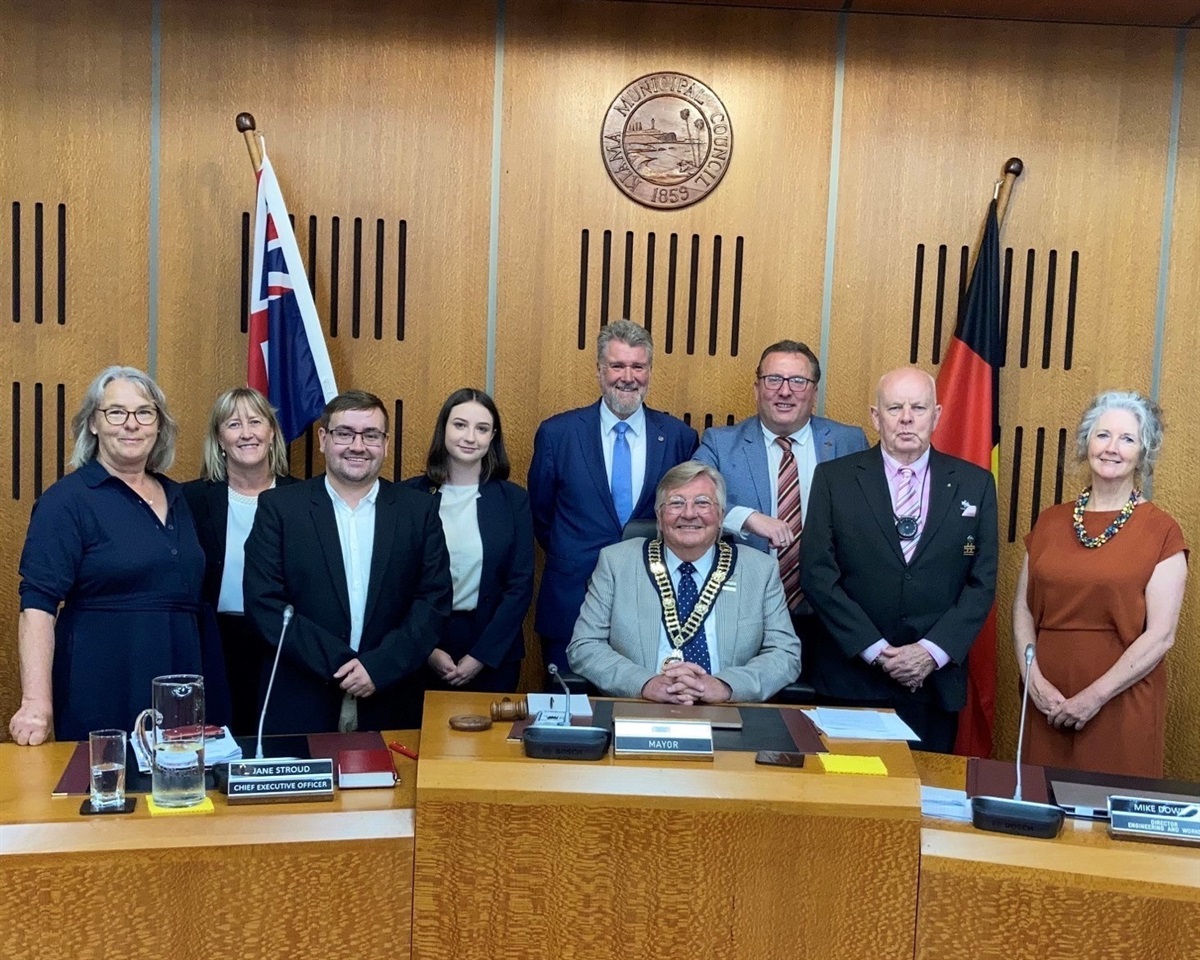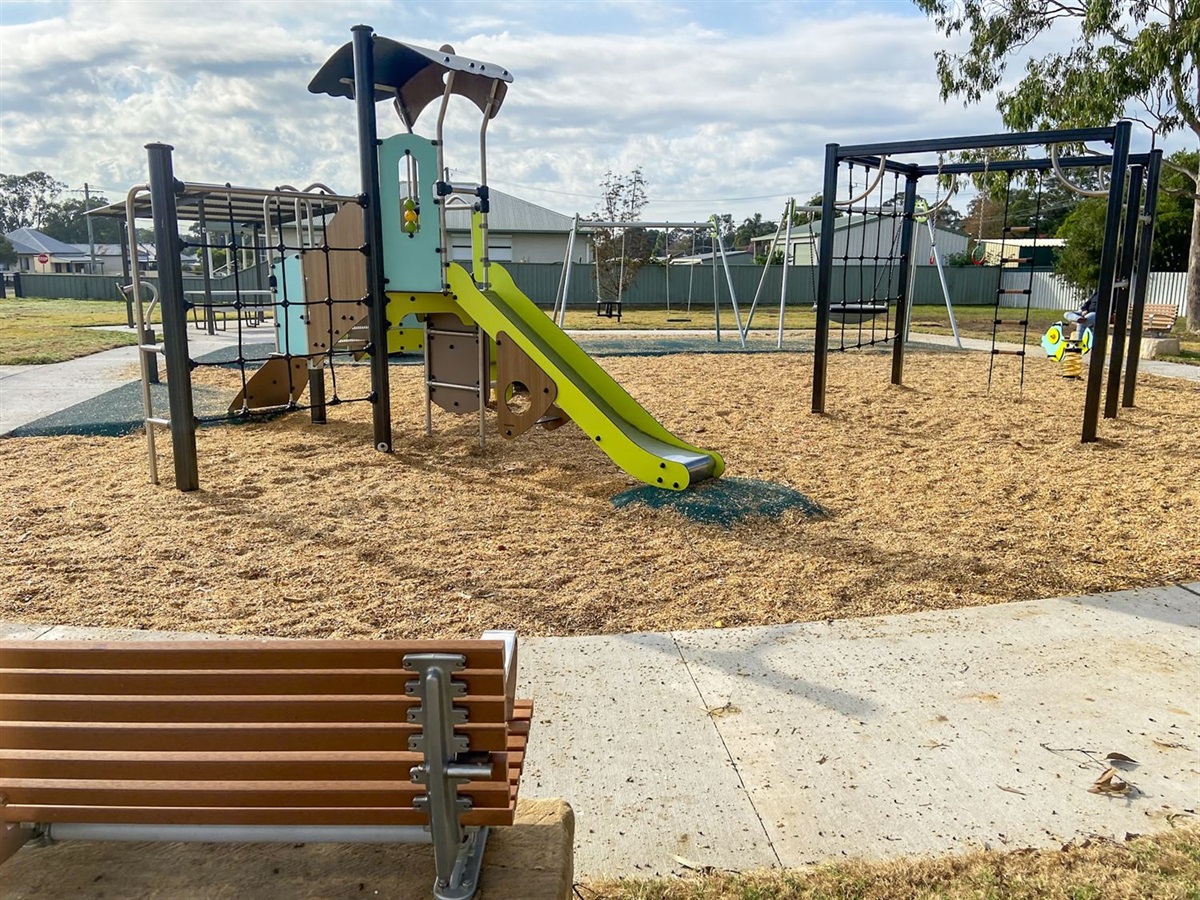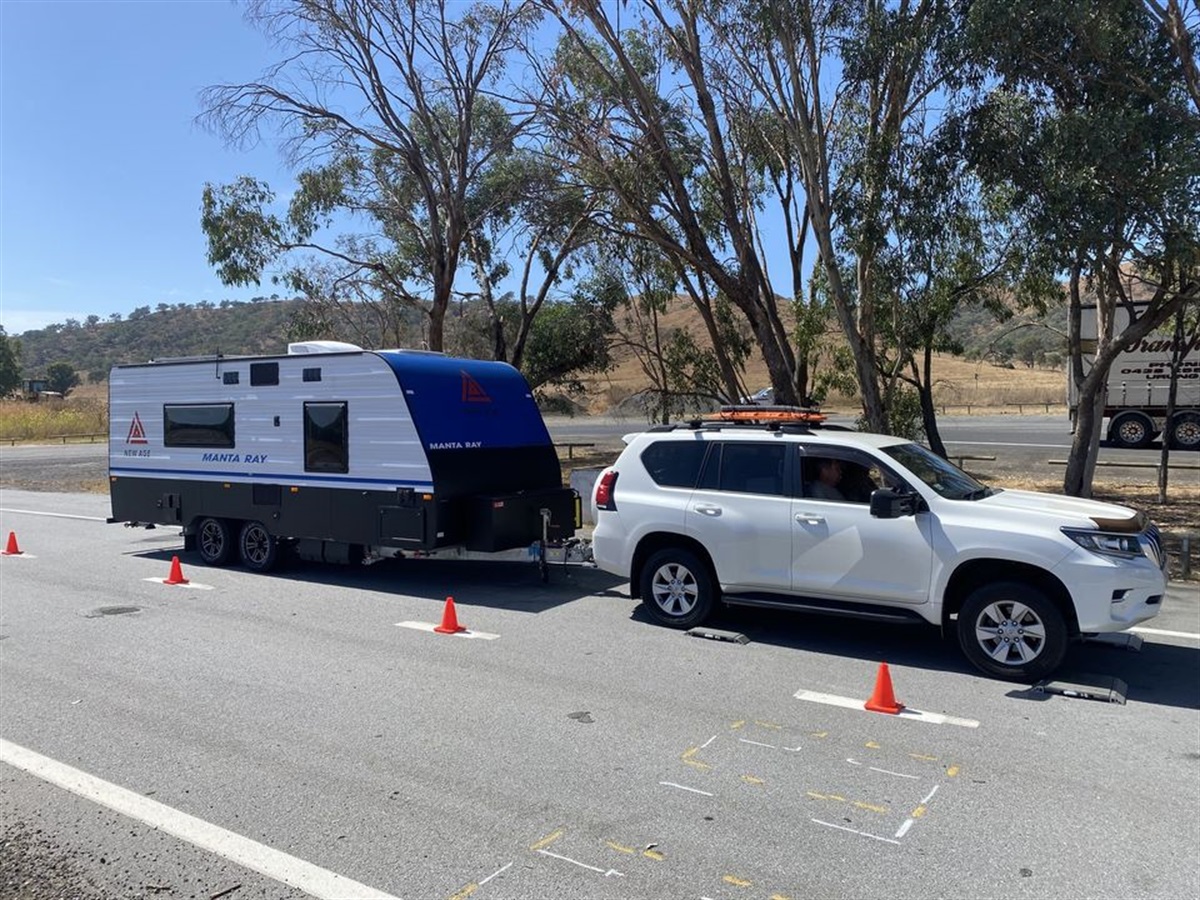Health Minister David Clark has announced further progress on expanding access to free mental health services for New Zealanders.
The Ministry of Health has today issued two Request For Proposals (RFPs), one for kaupapa Māori and one for Pacific services.
“This is another important step towards making it easier for anyone in distress to access free mental health and addiction support,” Dr Clark said.
“Mental health has been neglected for too long. We know there’s huge unmet need, and services tailored specifically for Māori and Pacific peoples are a key part of our plan to address that.
“The RFPs issued today are to expand or replicate existing services for Māori and Pacific peoples. Further RFPs will be released in early 2020 for entirely new services.
“This work’s part of the Government’s $455 million Welbeing Budget investment. We’re expanding access and choice in primary and community mental health and addiction support, with a focus on ensuring people experiencing distress get the support they need easily and quickly.
Health officials have already held a series of hui with Māori and will hold Pacific fono in November and December to start collaborating on designing new services. Feedback will be used to inform the next round of Māori and Pacific RFPs being released in early 2020.
“Work on models of primary mental health and addiction services for youth and rural communities will also start later in the year. These are two further communities that need better support,” Dr Clark said.
Also last week (24 October), the Ministry of Health closed its first RFPs for new integrated primary and community mental health services. The Ministry has begun assessing the 20 proposals and the first new services are expected to be launched from January next year.
“Last month, we announced $6 million of funding had been confirmed for existing, but currently unfunded, mental health and addiction services at 22 general practices across seven district health board regions, and a kaupapa Māori provider in Tairāwhiti.
“It makes sense to start with providers already offering mental health support, but who haven’t been previously directly funded by Government. This means certainty of funding and means people know services will be there when they need them,” Dr Clark said.








